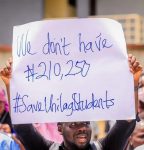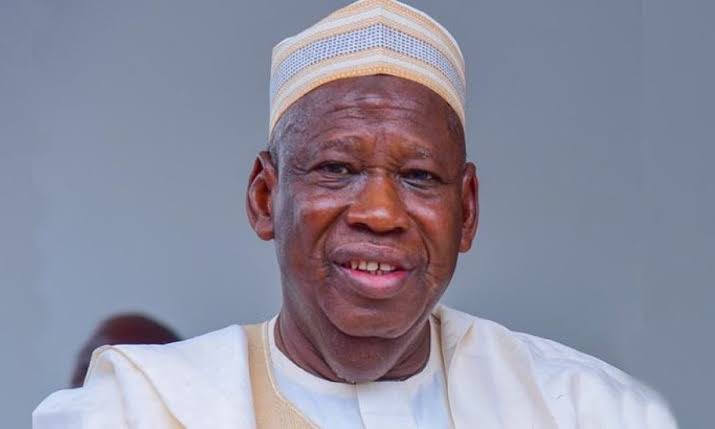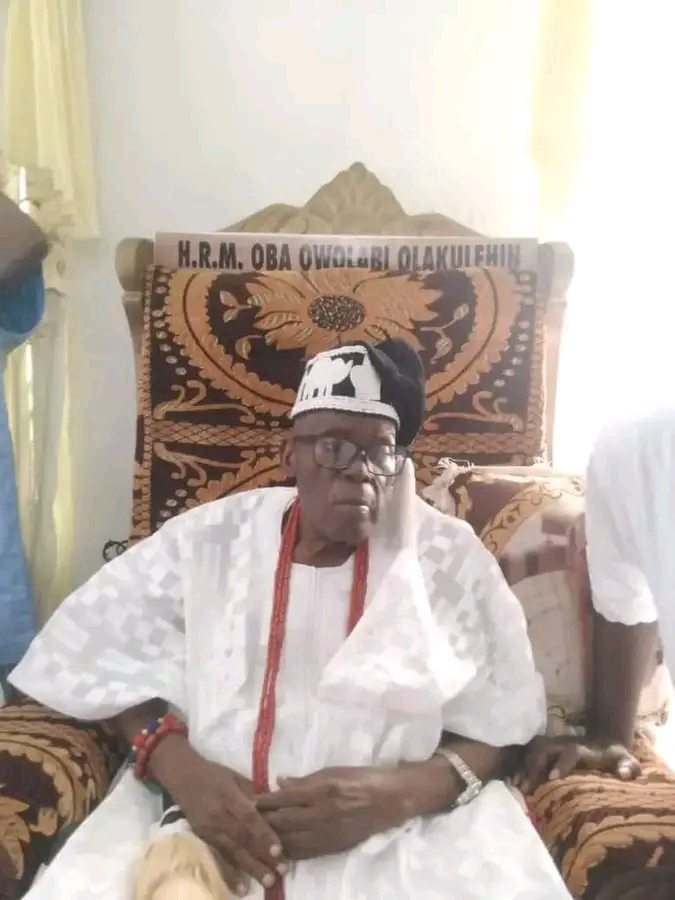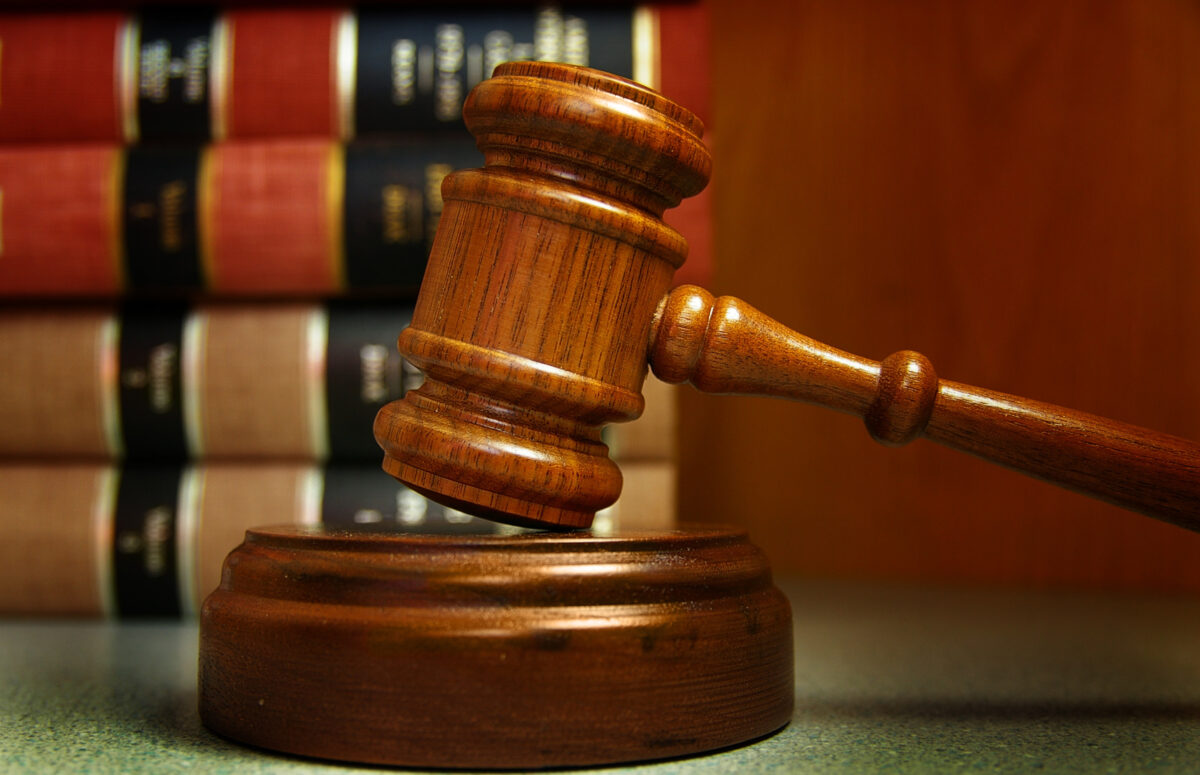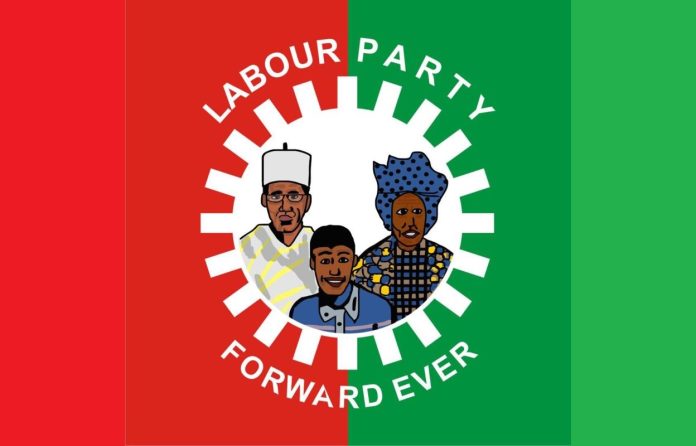Nigeria And Frequently Asked National Questions
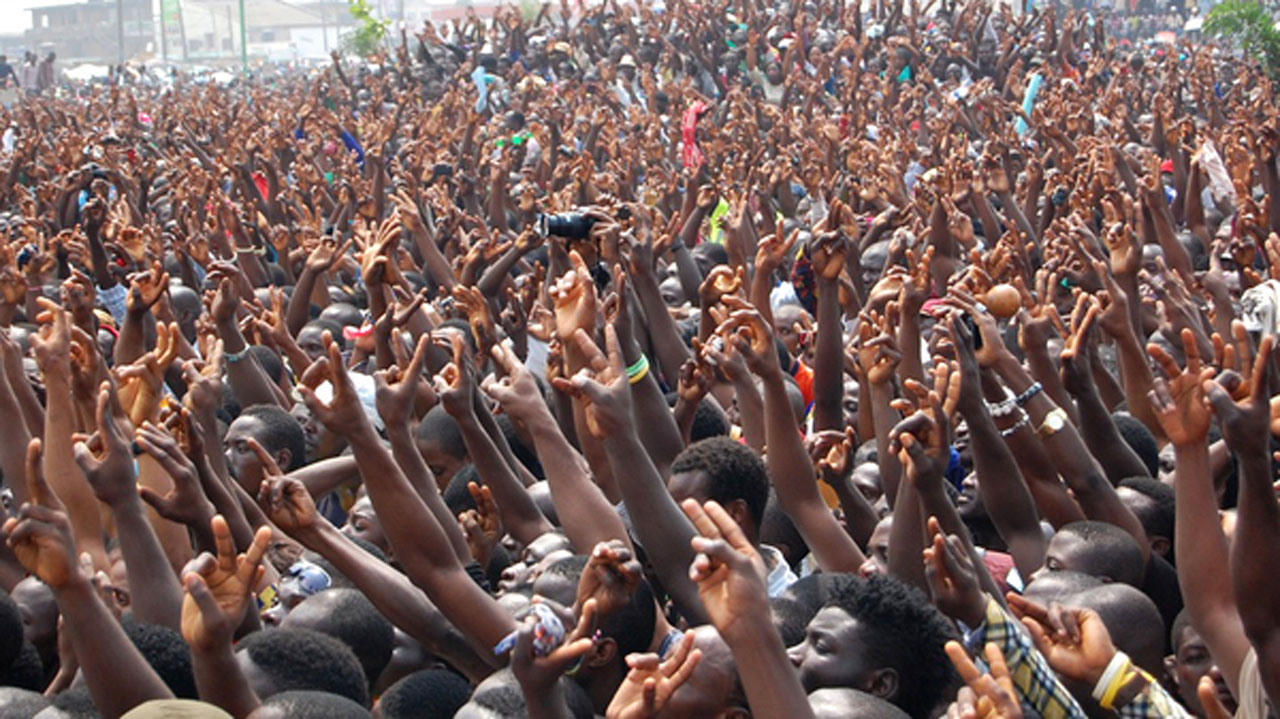

By Issa Aremu
One frequently asked the question at Nigeria’s independence anniversaries is: what is there to celebrate years after the Union Jack was lowered, replaced with Nigerian flag of Green, White and Green in 1960? Our parents and grandparents lived under the drudgery of centuries-long trans-Atlantic slavery, colonial occupation, and exploitation. They couldn’t, therefore, have imagined why their inheritors could question the desirability of freedom, even if it meant freedom to misrule to themselves as we are regrettably doing today.
Prime Minister Tafawa Balewa’s 1000-word historic speech in 1960 indicated that Nigerians were “impatience” (his words) to seize liberty from the British, in the knowledge they would turn underdevelopment to development! In Balewa’s account, since 1958, “every Nigerian has been eagerly looking forward” to independence. Words according to him “… cannot adequately express my joy and pride at being the Nigerian citizen privileged to accept from Her Royal Highness these constitutional instruments which are the symbols of Nigeria’s independence”.
It is commendable that the Federal Ministry of Education has re-introduced History in primary and secondary schools. Simplified editions of Walter Rodney’s How Europe Underdeveloped Africa (1972) and Nelson Mandela’s Long Walk to Freedom must be compulsory readings to capture them young and put an end to the unhelpful frequently asked question. So far, it is a mixed bag. Some progress but more in deficit! There are many challenges (in surplus!) with monumental corruption as the biggest! But I still nonetheless agree with Walter Rodney that the balance sheet of colonialism carried no ‘credits’ at all. Colonialism, Rodney wrote had only one hand. ‘It was a one-armed bandit.’
Colonialist Lord Lugard built a railway line from Lagos beginning in 1896 to Kano in 1911, (a total of 711 miles of 15 years!) but with brutalized slave African labor. The objective was to foster the goal of exploitation of raw materials. Lord Lugard’s police force in 1949 in Enugu massacred 22 coal miners for daring to demand payment of wage arrears, a historic tragic event that led to a series of national protests that laid the basis for the struggle for independence. 100 years of colonialism de-industrialized Nigeria, but five years of regional self-rule started the process of Nigeria’s industrialization process which once made, in record time, Nigeria the third largest manufacturer of textile. There is no doubt that we must celebrate independence and nationhood.
The challenge is how to reinvent Nigeria and fulfill the promise of independence, which is development. Which then raises another puzzle: who are the founding fathers of modern Nigeria? Better put, who and who fought for independent Nigeria? Notable nationalists like Herbert Macaulay, Chief Obafemi Awolowo, Nnamdi Azikiwe, Tafawa Balewa, Aminu Kano legitimately capture the imagination. And almost 60 years after, there is still some nostalgia for them. But there are also almost forgotten millions of patriotic actors who gallantly fought for independence and served Nigeria. Yes, Nigeria and Ghana traveled a relatively peaceful road to independence compared to bloody armed struggles in countries like Angola, Mozambique, Guinea Bissau, Kenya, and Namibia! However, Nigeria’s independence in 1960 was preceded by mass resistance, mass strikes and protests with enormous sacrifices by the first generation of Nigerian workforce, Nigerian women (Aba women resistance of 1929), trade unionists and the labour movement in general.
The high point of Labour’s resistance was in 1941. Nigeria’s railway workers in the National Union of Railwaymen (NUR) led by Michael Imoudu, President, and the union’s secretary, Mr. Adenekan marched through the streets of Lagos to see the then Governor Sir Bernard Bourdillion. The protest over hourly pay instead of monthly pay led to major victories for the workers. Labour agitations included the 44-day strike of 1945 led by the illustrious Michael Imoudu. These agitations linked the demand for better working conditions in particular with the demand for independence in general. Nationalists increased the noise level of the demands of the trade unions for independence, but the likes of Micheal Imoudu, Mrs Olufunmilayo Ransome-Kuti, and many others should not wait until 100 years of Nigeria to be honored.
Nigerians should reject the mentality of self-serving leaders and take the challenges of national development into their hands. Notwithstanding the current challenges, Nigeria and Nigerians have made some considerable progress in nation building especially in the areas of national unity and democratization! There are millions of stateless citizens in the world on account of failed states and collapsed nations. Following the brutal deposition of Muammar Gaddafi, Libya which got independence on 24 December 1951 has since disintegrated into some terror cells. Somalia got independence on July 1, 1960, and it has since become a failed state in spite of common faith, language and culture. Sudan got independence from both Egypt and Britain on January 1, 1956, four years before Nigeria but after many wars broke into two with the creation of South Sudan. The new South Sudan, (54th independent country in Africa) with the population of just 12,340,000 is now a lamentable theatre of war of attrition between brothers, namely President Kiir and his former deputy Riek Machar, over who would be the President.
I agree with President Muhammadu Buhari that the unity of the Federal Republic of Nigeria is sacrosanct and settled in our constitution.
Unity of the federation is mentioned 31 times in the 1999 constitution. Chief Obafemi Awolowo had his frustrations with imperfect elections. But he kept faith to the end in the Nigerian project. The burden is on Buhari and other elected officials. The Federal Government must revisit the conclusions of the 2014 conference as well as engage all aggrieved Nigerians with a view to rekindling collective commitment to national progress.
Nigeria has commendably dammed the culture of impunity and annulment. Democracy is not about enthronement of a sinner or a saint. On the contrary, democracy offers the opportunity for voters to freely choose out of candidates on offer. Voters can indeed foolishly make wrong choices, but the same democratic process makes it possible for the voters to correct their error and hopefully get it right.
But again, democracy must be “democratic” and allow for choices. Nigerian voters must not make kings out of their elected leaders



